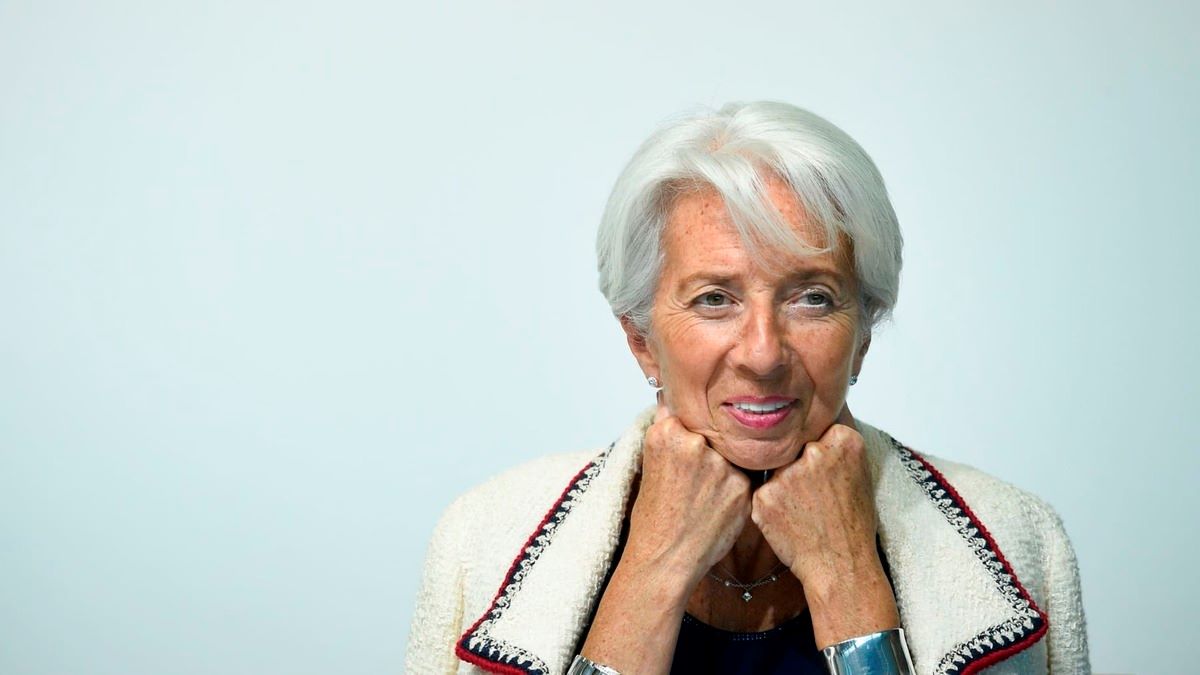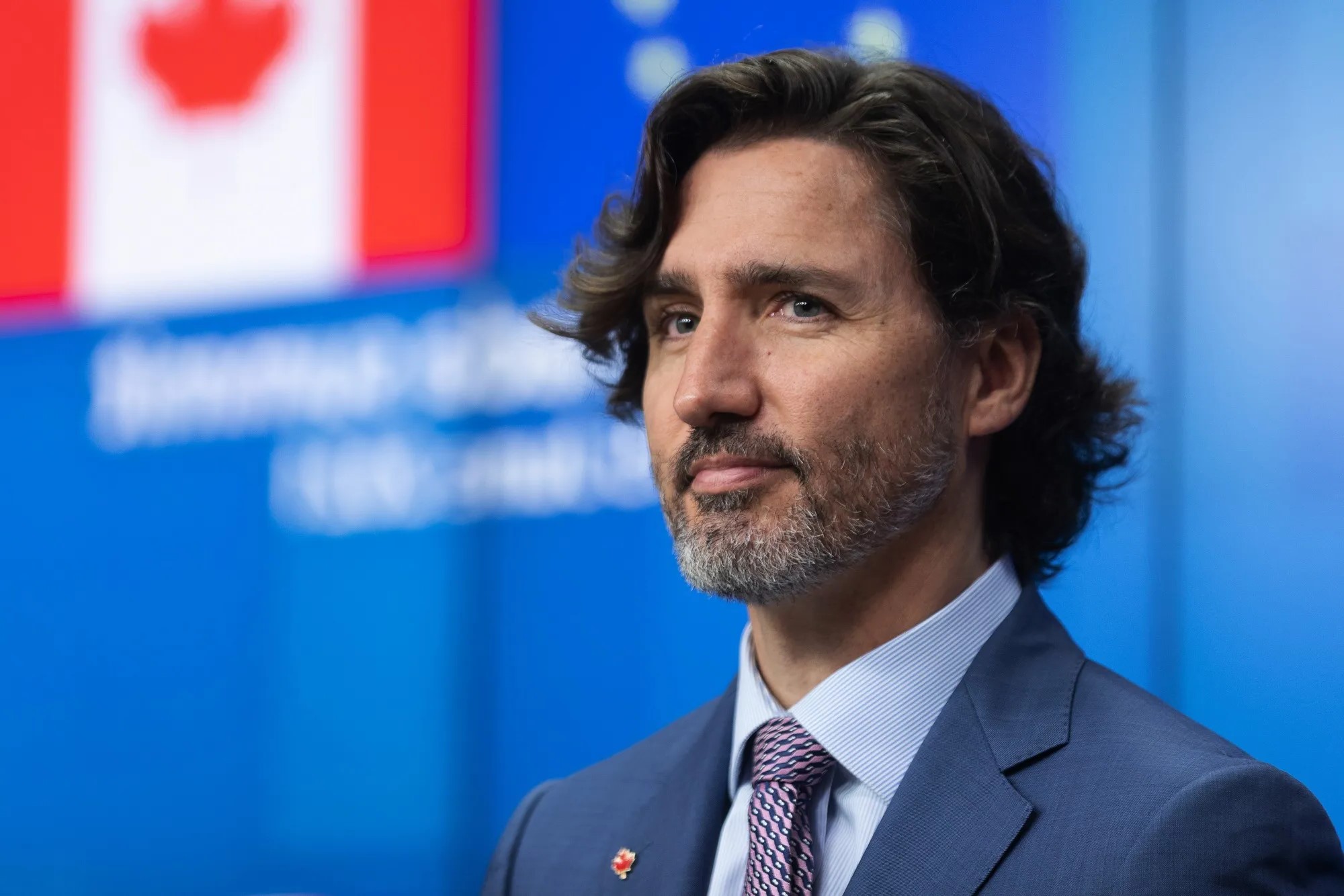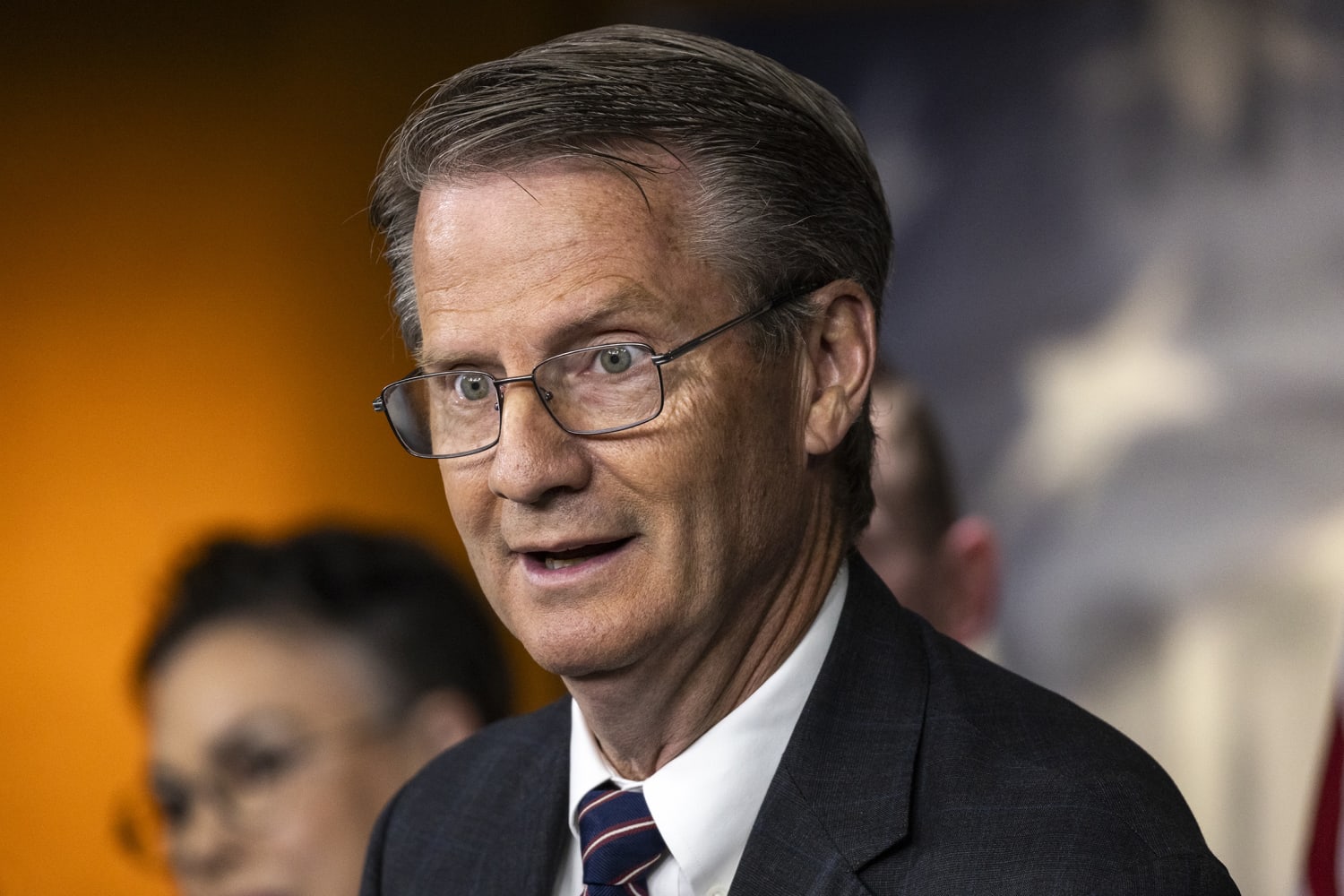
Who is Christine Lagarde? Christine Lagarde is a trailblazing French politician and lawyer who has left an indelible mark on international finance and governance. Born on January 1, 1956, in Paris, she has held some of the most prestigious positions in the financial world. From being the first female chairman of the international law firm Baker & McKenzie to becoming the first woman to serve as the Managing Director of the International Monetary Fund (IMF) and the President of the European Central Bank (ECB), Lagarde's career is a testament to her exceptional leadership and dedication. Her journey is filled with groundbreaking achievements and significant contributions to global economic stability.
Key Takeaways:
- Christine Lagarde's journey from Paris to global financial leadership is marked by her early education, legal career, and groundbreaking roles in government and international finance.
- Lagarde's advocacy for gender equality, personal achievements, and multilingual fluency have shaped her influential leadership style and global impact.
Early Life and Education
Christine Lagarde's journey to becoming a global financial leader began in Paris. Her early years and education set the foundation for her remarkable career.
- Christine Lagarde was born in Paris, France, on January 1, 1956.
- She completed her high school education in Le Havre and later attended Holton-Arms School in Bethesda, Maryland, USA.
- Lagarde graduated from the prestigious Holton-Arms School in Bethesda, Maryland.
- She pursued higher education in France, graduating from the Law School of the University of Paris X-Nanterre.
- Lagarde also obtained a Master's degree in English from Sciences Po Aix-en-Provence.
Career in Law
Before stepping into the world of politics and finance, Lagarde made significant strides in the legal field. Her time at Baker & McKenzie was particularly noteworthy.
- After completing her education, Lagarde joined the international law firm Baker & McKenzie in Paris in 1981.
- She specialized in labor and anti-trust law, as well as mergers and acquisitions.
- Lagarde became the first female member of the executive committee in 1995.
- In 1999, she became the first female chairman of Baker & McKenzie.
- Her work at Baker & McKenzie earned her international recognition, including being appointed Knight of the Legion of Honour in 2000.
Government Career
Lagarde's transition from law to government marked the beginning of her influence on national and international economic policies.
- In June 2005, Lagarde joined Prime Minister Dominique de Villepin's government as the Minister of Foreign Trade.
- She played a crucial role in encouraging foreign investment and opening new markets for French products, particularly in the technology sector.
- In May 2007, Lagarde briefly served as the Minister of Agriculture and Fisheries.
- Her tenure as Minister of Agriculture and Fisheries was marked by efforts to liberalize the agricultural sector and promote French agricultural products globally.
- In June 2007, Lagarde was appointed as the Minister of Finance and Economy, becoming the first woman to hold this influential position in any Group of Eight economy.
Leadership in International Finance
Lagarde's leadership extended beyond France, impacting global financial institutions and policies.
- From July to December 2008, Lagarde chaired the ECOFIN Council, which brings together Economics and Finance Ministers of the European Union.
- In 2011, France took over the presidency of the G20, and Lagarde was appointed as the Chairman of the G20 finance ministers and central bank governors.
- On July 5, 2011, Lagarde became the eleventh Managing Director of the IMF, the first woman to hold this position.
- She was elected to a second term as Managing Director of the IMF in 2016.
- During her tenure at the IMF, she faced significant challenges, including the ongoing Greek debt crisis, which she argued required meaningful debt relief.
European Central Bank Presidency
Lagarde's influence continued to grow as she took on a new role at the European Central Bank.
- In July 2019, Lagarde was chosen to succeed Mario Draghi as the President of the European Central Bank.
- She announced her resignation from the IMF effective September 12, 2019.
- Lagarde began serving as the President of the ECB in November 2019.
- As President of the ECB, she took on various roles and responsibilities, including Chair of the European Systemic Risk Board.
- Lagarde is also a member of the Board of Directors at the Bank for International Settlements.
Recognition and Awards
Throughout her career, Lagarde has received numerous awards and recognitions for her contributions to international finance and governance.
- Lagarde was named Officier in the Légion d'honneur in April 2012.
- In 2018, she was ranked number two on Forbes' list of The World's 100 Most Powerful Women.
- She received the Distinguished Alumna Award from the Holton-Arms School.
- Lagarde was awarded the Distinguished International Leadership Award from the Atlantic Council.
- In 2017, she received the Global Women’s Leadership Award from the International Planning Committee of the Global Summit of Women.
Advocacy for Gender Equality
Lagarde has been a strong advocate for gender equality, using her platform to promote women's empowerment in the financial sector.
- She is a member of the International Gender Champions network and Co-Chair of its Finance Hub.
- In 2018, Lagarde participated in the G7 Gender Equality Advisory Council.
- She was a member of the UN Secretary-General’s High-Level Panel on Women’s Economic Empowerment in 2016.
- Lagarde received the Mohammed Bin Rashid Medal of Honor for Women in 2016.
- In 2016, she received the Woman of the Year and Lifetime Achievement Award from Glamour Magazine.
Personal Achievements and Interests
Beyond her professional life, Lagarde has a range of personal achievements and interests that have shaped her character and leadership style.
- Before entering politics, Lagarde was an accomplished synchronized swimmer and earned a spot on the French national team.
- She is fluent in French, English, and Spanish, which has been invaluable in her international career.
- Lagarde has received several honorary degrees from prestigious institutions, including the University of Leuven and Smith College.
- She served as the Chair of the Honorary Committee for the US-Canada Tour of the Orchestra in 2015.
- Lagarde's advocacy for a stronger work ethic resonated with the French business community, as she believed the country’s 35-hour workweek was a symbol of indolence.
Christine Lagarde's Lasting Impact
Christine Lagarde's journey from a synchronized swimmer to a global finance leader is nothing short of inspiring. Her roles as Minister of Finance and Economy, Managing Director of the IMF, and President of the ECB showcase her ability to navigate complex economic landscapes. Lagarde's commitment to gender equality and economic empowerment has left a significant mark on international finance. Her leadership during the Greek debt crisis and her advocacy for meaningful debt relief highlight her dedication to balancing economic stability with social justice. Despite facing challenges, including a trial for negligence, Lagarde's influence remains strong. Her legacy as a trailblazer for women in leadership positions continues to inspire future generations. Christine Lagarde's story is a testament to her dedication, perseverance, and impact on global finance and governance.
Frequently Asked Questions
Was this page helpful?
Our commitment to delivering trustworthy and engaging content is at the heart of what we do. Each fact on our site is contributed by real users like you, bringing a wealth of diverse insights and information. To ensure the highest standards of accuracy and reliability, our dedicated editors meticulously review each submission. This process guarantees that the facts we share are not only fascinating but also credible. Trust in our commitment to quality and authenticity as you explore and learn with us.


